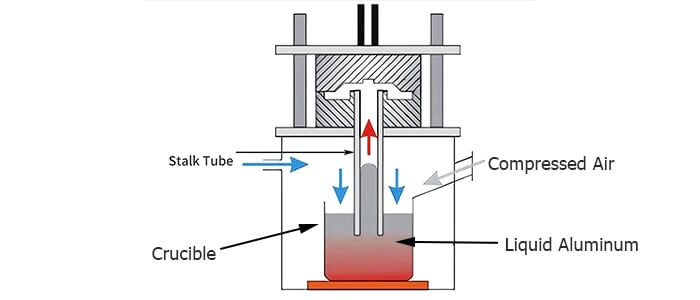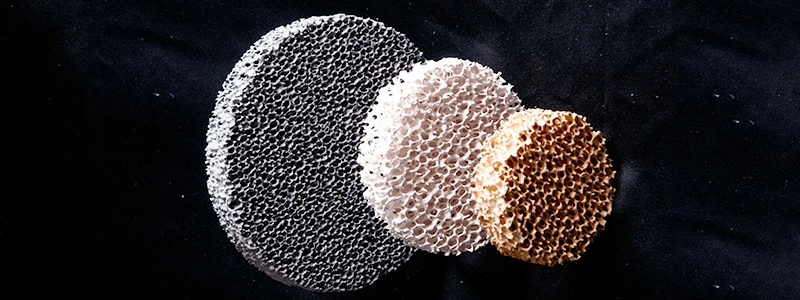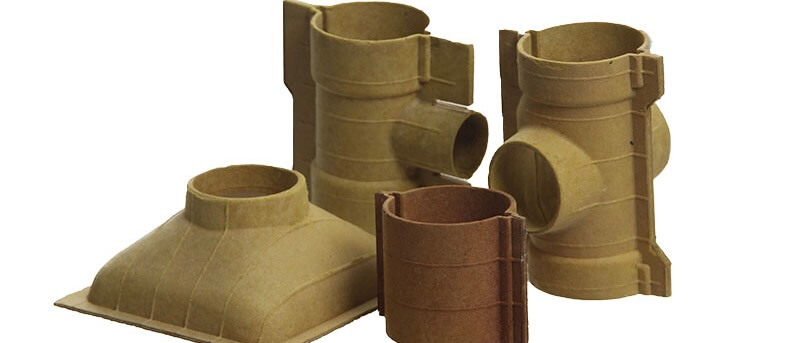What is Molten Metal
Molten metal in aluminum foundries refers to aluminum alloys heated beyond their melting points. This liquid state allows for shaping into various forms through casting processes. The high-temperature environment makes the metal vulnerable to contamination. Impurities can for1m from reactions with air or contact with furnace materials. These impurities negatively affect the final product quality if not removed properly.
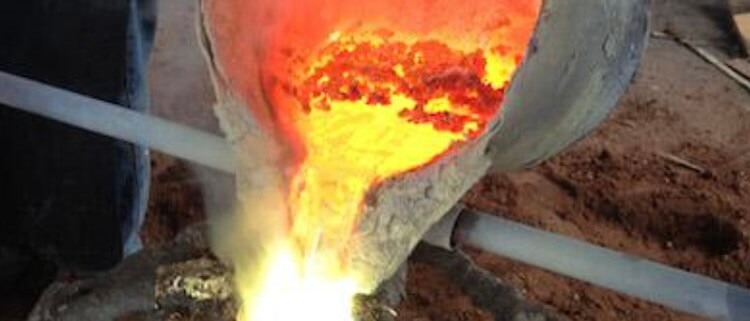
Common Impurities in Aluminum Molten Metal
Aluminum molten metal contains various types of impurities. Oxides form when aluminum reacts with oxygen in the air. Hydrogen gas can dissolve into the molten aluminum. Solid inclusions come from furnace linings or other foreign materials. These impurities cause defects in cast aluminum products. Proper filtration is essential to achieve high-quality castings.
The Role of Filtration in Aluminum Foundries
Filtration plays a critical role in aluminum foundry operations. It removes harmful impurities from molten aluminum before casting. Effective filtration improves the mechanical properties of final products. It also reduces scrap rates and improves production efficiency. Various filtration methods exist, with ceramic filters being most effective for aluminum casting.
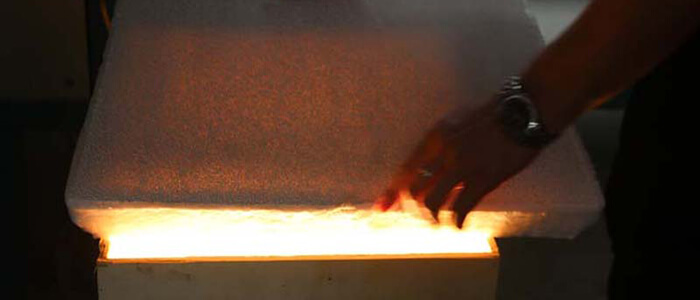
Alumina Ceramic Foam Filters for Aluminum Casting
Alumina ceramic foam filters are widely used in aluminum foundries. These filters feature a porous three-dimensional structure. The open-cell design provides excellent filtration efficiency. They can withstand the high temperatures of molten aluminum. Alumina ceramic filters effectively remove oxides and other inclusions.SEFU has been committed to producing high-quality products of this kind.
How Ceramic Filters Work in Molten Aluminum
Ceramic filters for casting work through multiple mechanisms. The porous structure physically traps larger particles. Smaller inclusions are captured through surface interactions. Molten aluminum flows smoothly through the filter’s channels. The filtration process happens without disrupting production flow. This ensures consistent quality throughout the casting process.
Benefits of Using Ceramic Filters in Aluminum Foundries
Using ceramic filters in aluminum foundries offers many advantages. They significantly improve metal cleanliness. The cast products show better surface finish and strength. Filter usage reduces porosity-related defects. It also extends tool life in downstream operations. Overall, ceramic filters provide excellent value for aluminum casting applications.
Installation and Use of Casting Filters
Proper installation ensures effective filter performance. Filters must be preheated to avoid thermal shock. They should fit securely in the filter box. Molten metal flow must be controlled during filtration. Operators should monitor filter condition regularly. Correct usage maximizes filter lifespan and effectiveness.
Importance of Filtration in Aluminum Casting
Filtration remains a vital process in aluminum foundries. Ceramic filters provide reliable impurity removal. They contribute to higher quality cast aluminum products. Proper filter selection and use are essential. As technology advances, filtration will become even more effective. Implementing good filtration practices ensures competitive advantage.



